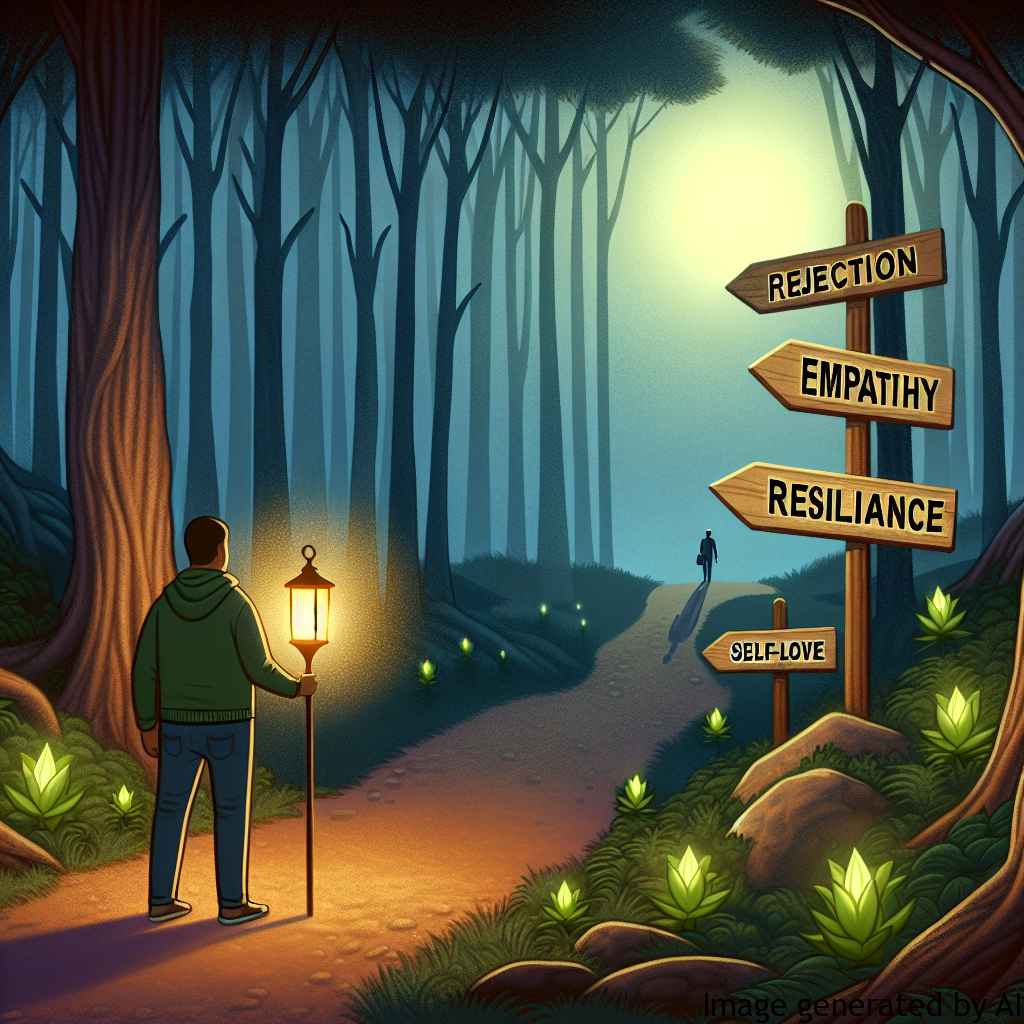Introduction
Experiencing fear of rejection is a normal part of human life. It is an evolutionary response which protected our ancestors from being shunned by their communities – a predicament that could have lead to death. However, in the contemporary world, the fear of rejection can be debilitating and can cause people significant distress. Individuals may become hesitant to pursue opportunities because they worry about being declined or turned away. Despite this fear being a common denominator across both genders, societal expectations and gender roles often exacerbate it further, specifically for men.
Gender Expectations and Their Effect on Men’s Mental Health
Traditional gender expectations perpetuate the idea that a man should be strong, unemotional and invulnerable. This unrealistic ideal often necessitates men to suppress their emotions, causing internal discomfort and impeding their psychological well-being.
Stifling Emotional Expression
Indisputably, men, like all human beings, experience a wide array of emotions, including fear. The societal expectation that they should always appear tough limits their expression of emotions, often stigmatizing vulnerability. Consequently, the fear of rejection for these individuals is not merely concerning the particular situation, but also initiates concerns about potentially violating their expected gender roles.
The Pressure to Succeed
Linked to the notion of male invulnerability is the expectation that a man should be successful. In many cultures, a man’s worth is often judged by his professional accomplishments. This pressure can radically exacerbate the fear of rejection, making scenarios like job applications or asking for a promotion intensely stressful.
Examples of How Gender Roles Can Affect Men’s Life
The pressures of gender roles and expectations can infiltrate all aspects of men’s lives. In relationships, men might refrain from expressing affection or communicating effectively because it might be perceived as a sign of weakness. Professionally, the fear of being rejected can cause men to shy away from seeking well-deserved promotions or negotiating raises. It can also prevent them from pursuing novel opportunities, essentially limiting their growth and development.
Tips to Improve Mental Health Considering Gender Roles
Overcoming the fear of rejection starts with understanding and challenging the societal constructs of gender roles. Below are some strategies to help men manage this fear:
- Acknowledge emotions: It is important for men to recognize and validate their feelings of fear and anxiety without judgement or criticism.
- Challenge stereotypes: Questioning and challenging stereotypes provides a path towards breaking free from them. Embrace vulnerability and shun the outdated notion of masculinity that equates strength with stoicism.
- Seek professional help: If the fear of rejection is causing significant anxiety, a professional mental health provider can provide insights and equip individuals with effective coping strategies.
- Self-care: Prioritize your mental health by pursuing activities you enjoy, and by maintaining a healthy diet and regular sleep schedule. Self-care also includes mindful practices like meditation, which can help manage anxiety.
Conclusion
The fear of rejection is a universal experience, but one that can be exacerbated by societal expectations and gender roles. By acknowledging their emotions, challenging stereotypes, seeking professional help, and prioritizing self-care, men can not only overcome the fear of rejection but also help dismantle the detrimental gender stereotypes that still persist today. This not only aids them in improving their mental well-being but also substantiates the creation of a healthier, more equitable society.

